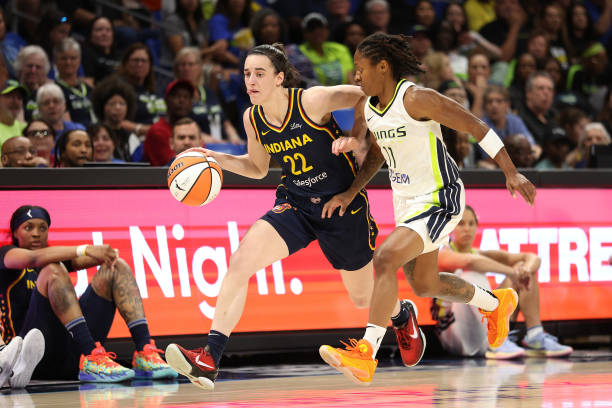In a shocking revelation that has sent ripples through the sports world, Iowa superstar Caitlin Clark has opened up about her feelings surrounding her remarkable achievements and the hype surrounding them. Known for her dazzling performances on the court and her impressive stats, Clark is no stranger to the spotlight. However, her recent comments suggest that the glorification of her milestones might be more of a burden than a blessing.
Clark, who has already etched her name in the record books, has expressed skepticism about the media’s portrayal of her journey. “It’s surreal to break records and make history, but sometimes I feel like it’s all just a spectacle for the cameras,” she remarked in a recent interview. This candid confession raises questions about the pressures athletes face in the age of social media and constant scrutiny.
While many fans celebrate Clark’s achievements, she seems to feel the weight of expectation heavy on her shoulders. “I appreciate the support, but it’s exhausting to constantly live up to a narrative that others have created for me,” she said. This perspective is a stark contrast to the glorified images often painted by sports commentators and fans alike, who herald her as the future of women’s basketball.
Moreover, Clark’s disillusionment highlights a broader issue within the sports community: the commodification of athletes. As media outlets compete for clicks and views, they often exaggerate narratives, leaving athletes like Clark feeling reduced to mere storylines. “I just want to play the game I love without the pressure of being a poster child for history,” she stated, underscoring the disconnect between personal achievement and public perception.
As the WNBA continues to grow in popularity and visibility, it’s crucial to remember that behind every record-breaking performance is a human being with real feelings and challenges. Caitlin Clark’s story serves as a reminder that while history may be made on the court, the emotional toll it takes on athletes can often be overlooked. In the end, it’s about the love of the game, not just the headlines.
